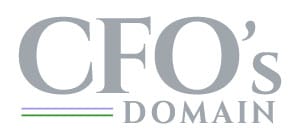So, how exactly do you separate yourself from the sea of Consultants out there and get the reputation of being an “excellent consultant” – the one to get the first phone call asking if you are available? Several qualities, characteristics and actions separate the excellent consultant from the warm body. Whether you are currently a consultant or looking to become one, here are 10 things you can do to differentiate yourself:
(1) Look good on paper
your resume needs to look professional and it should match the details in your LinkedIn Profile (which, whether you like it or not, is as important as your resume, if not more important). Invest some time, effort and money in allowing of these to represent you in the best possible light. Remember that the goal of the resume/LinkedIn profile is to get you an interview.
(2) Interview well
If you are like most professionals in accounting and finance, then you typically change your job every 3 to 4 years and generally do about half a dozen interviews between roles. Like anything else, interviewing is an acquired skill that requires practice and refinement if you want to stand out from your competitive peer set. You need to do your homework on the company/role/interviewer, look good, feel good, be confident, articulate, and answer the questions directly. If you lack some of the required skills/pre-requisites, be ready to talk about tangential experience that you have that will resonate with the interviewer and emphasize/prove your ability to quickly pick things up.
(3) Do great work
As obvious as this may sound, it doesn’t always happen. Regardless of whether you are starting a full time job or taking on a 6 month consulting project, your first 100 days define you. Be highly punctual (or better yet, 5 minutes early) to your meetings (in person or online), and look professional. Make sure you know what needs to get done, by when for whom and who any other key stakeholders are that are dependent on the work you are doing.
(4) Present well
Like it or not, consultants are often held to a higher standard than employees, as they are being billed at mark up to your pay rate. The least you could do is make sure you aren’t the shabby looking one. You don’t need to be in a tuxedo, just be sure to dress a touch better than your peers and hold yourself to a slightly higher standard.
(5) Be a nice person
Always! No one wants to work with a difficult personality. Remember that if everyone likes you, the chances of getting more work down the line are immeasurably higher.
(6) Make your colleagues/client look good
Orient yourself to your client’s perception of success. How can you take work off their plate and improve the quality of their life?
(7) Track your accomplishments and share them weekly
The risk of under communication is greater than over communication. Keep all relevant stakeholders apprised of your progress and any relevant issues/risks/opportunities that should be addressed.
(8) Seek feedback early on and show you can adapt to changes requested
Convey to your client that you expect their input early in and that you expect to adapt as you learn more about what they need.
(9) Keep in touch with your prior clients
Most consultants do a terrible job of keeping in touch with their client network. Form relationships and nurture them long after the project ends to keep the channel open for additional partnerships in the future.
(10) Offer to help those you worked for/with by providing professional or LinkedIn references
Looking for opportunities to provide additional value to the person behind the deliverable or project is always appreciated and will further solidify the emotional engagement and lasting memory they have of you.


